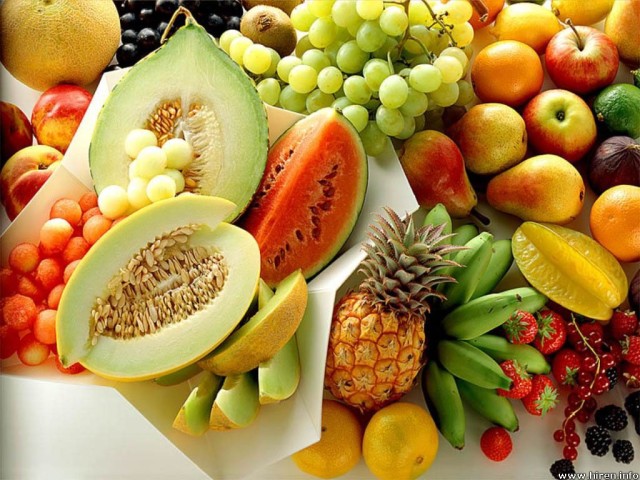
Key points
Potassium is an electrolyte and mineral that helps keep your bodily fluids at the proper level.
Doctors associate diabetes with low levels of potassium and high levels of insulin and glucose.
Even if you're getting as much potassium as you need, your levels may still become too low.
Usually, your body processes the food you eat and turns it into a sugar called glucose. Your body uses glucose for energy. Insulin is a hormone your pancreas produces. Your body uses the insulin to help move glucose into cells throughout your body. If you have diabetes, your body is unable to produce or use insulin efficiently.
Type 1 diabetes isn't preventable, but you can prevent type 2 diabetes. Type 2 diabetes, or adult-onset diabetes, usually occurs in people ages 35 and older.
Potassium is an electrolyte and mineral that helps keep your bodily fluids at the proper level. Your body can do the following if your fluids are in check:
contract your muscles without pain
keep your heart beating correctly
keep your brain functioning at its highest capability
If you don't maintain the right level of potassium, you can experience a variety of symptom that include simple muscle cramps to more serious conditions, such as seizures. According to recent research, there may be a link between type 2 diabetes and low potassium levels.
Research
What the research says
Although people recognize that potassium affects diabetes, research is ongoing to determine why this may happen.
Researchers in one study at Johns Hopkins University School of Medicine linked low levels of potassium with high levels of insulin and glucose in people who were otherwise healthy. Low levels of potassium with high levels of insulin and glucose are both traits doctors associate with diabetes.
One 2011 study found that people taking thiazides to treat high blood pressure experienced a loss of electrolytes, such as potassium. Researchers noted that this loss might increase a person's risk of developing diabetes.
And along with that, researchers have also linked potassium levels to high blood pressure.
Even though low potassium may increase your risk of developing diabetes, taking potassium won't cure your diabetes.
Advertisement
Causes
What causes potassium levels to fluctuate?
On average, people ages 14
and over should consume about 4,700 milligrams, or 4.7 grams, of potassium per day. Even if you're getting as much potassium as you need, your levels may still become too high or low.
This can happen for a number of reasons, including a change in your sodium levels. When sodium levels rise, potassium levels tend to go down, and vice versa.
Other possibilities include:
kidney problems
an improper blood pH
changing hormone levels
frequent urination
vomiting
taking certain medications, especially cancer medications
Certain diabetes medications can affect your potassium levels. For example, if you take insulin and haven't maintained control of your diabetes, your potassium levels may dip.
Diagnosis
What to expect at the doctor's office
If you think you're at risk for diabetes, or that you may have a potassium deficiency, make an appointment with your doctor. They can look over your medical history and discuss your potential risk.
Your doctor may see how much potassium is in your blood by doing a blood test. If the test shows that your potassium levels are abnormal, your doctor may prescribe a supplement or recommend certain dietary changes to restore the balance.
How to prevent your potassium levels from fluctuating
You should strive to consume 4.7 grams of potassium every day to keep your potassium in check. You can do this by monitoring your daily intake using a food journal and actively researching how much potassium is in the foods you eat.
Some of the best sources of potassium are:
baked potatoes, including baked sweet potatoes
plain yogurt
kidney beans
sun-dried tomatoes
fruits, such as bananas, avocados, and peaches
fish, such as salmon, tuna, and cod
You should limit your intake of processed foods because they're a poor source of potassium. If you work out regularly and sweat a lot, consider adding a post-workout banana smoothie to your routine. This can replenish some of the potassium you lost and help balance your body's electrolyte levels.
If you feel as though you aren't getting enough potassium, make an appointment with your doctor. They can work with you to develop the best course of action.
With some monitoring and advanced planning in your diet, you can control your potassium levels and help prevent diabetes. It's also helpful to learn about what foods to avoid.
Watch Video




